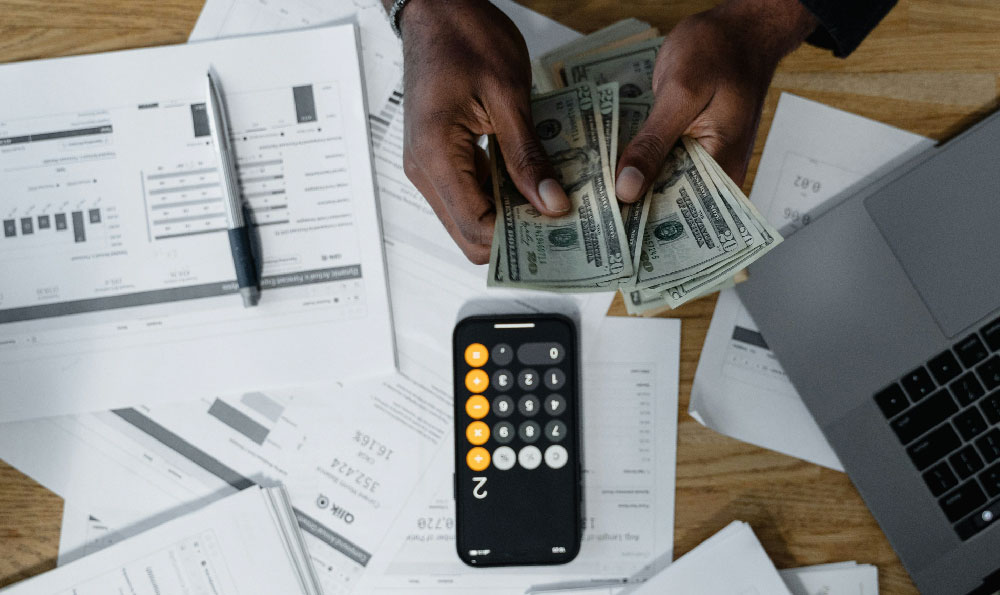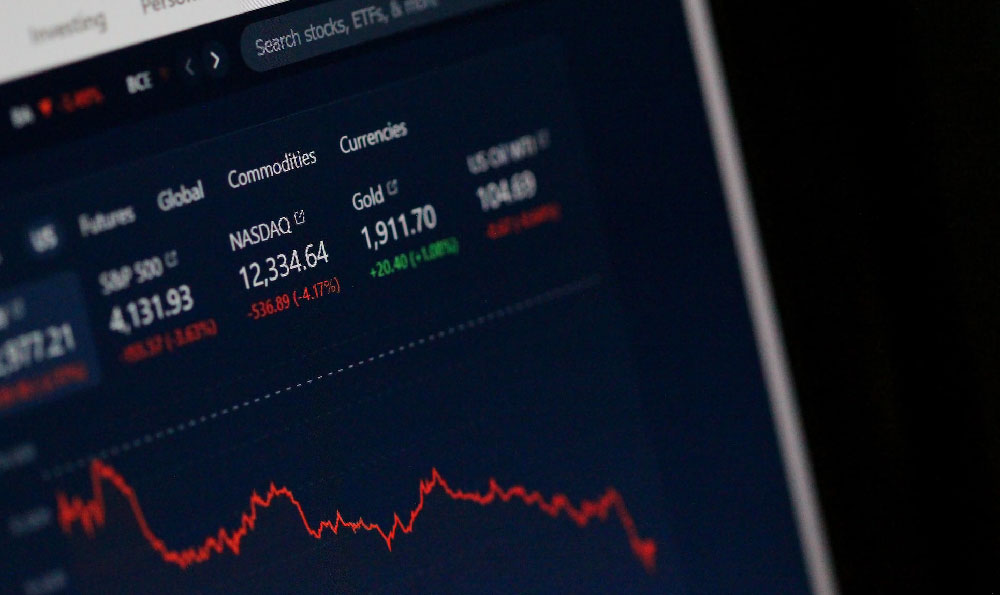Can Same BTC Address Receive Multiple Payments? Keepbit Platform

Yes, the same Bitcoin address can indeed receive multiple payments. This is a fundamental aspect of Bitcoin's design and how it operates. Understanding this principle is crucial for effectively managing Bitcoin transactions and safeguarding your privacy. The Keepbit platform, like most Bitcoin wallets and exchanges, leverages this capability extensively.
Bitcoin addresses aren't like bank account numbers in the traditional sense. While a bank account number uniquely identifies a single account at a specific institution, a Bitcoin address is more akin to a public key – a cryptographic code derived from your private key. This public key allows others to send Bitcoin to you without ever revealing your private key, which controls access to your funds.
Every time you receive Bitcoin at an address, the transaction is recorded on the Bitcoin blockchain. The blockchain is a public, distributed ledger that stores all Bitcoin transactions chronologically. When someone sends Bitcoin to your address, the blockchain records this transaction, effectively linking those coins to your address. Subsequent payments sent to the same address are also recorded on the blockchain as separate transactions, further associating those coins with that address.

There are no inherent limitations in the Bitcoin protocol that prevent an address from receiving multiple payments. The protocol is designed to handle a continuous stream of transactions directed to the same address. Each transaction is treated as a separate input linked to that specific address. Therefore, you can receive countless payments at the same address without encountering any technical constraints from the Bitcoin network itself.
However, while technically feasible, receiving numerous payments on the same Bitcoin address raises considerations, primarily concerning privacy. Bitcoin transactions are pseudonymous, not anonymous. While your real-world identity isn't directly tied to your Bitcoin address on the blockchain, patterns in transaction history can potentially be used to de-anonymize you. When you reuse a Bitcoin address for multiple transactions, you're essentially linking those transactions together. This linked transaction history makes it easier for someone to track your Bitcoin activity and potentially associate it with your real-world identity. Blockchain analysis firms employ sophisticated techniques to analyze transaction patterns, cluster addresses, and identify individuals or entities behind Bitcoin transactions.
Therefore, for users prioritizing privacy, address reuse is generally discouraged. Generating a new Bitcoin address for each transaction can significantly enhance privacy by breaking the link between transactions. This makes it harder to track your Bitcoin activity and prevents potential onlookers from associating your different transactions with the same entity. Most modern Bitcoin wallets, including those integrated into platforms like Keepbit, automatically generate a new address for each incoming transaction by default, precisely for this reason. This feature is usually referred to as automatic address generation or HD (Hierarchical Deterministic) wallets. HD wallets derive a virtually unlimited number of addresses from a single "seed" phrase, ensuring that each transaction can be conducted on a fresh, unique address.
Keepbit, by offering a secure and user-friendly Bitcoin platform, understands the importance of both functionality and privacy. The platform likely implements features that promote good Bitcoin hygiene, such as automatic address generation and potentially coin control features. Coin control allows users to selectively choose which unspent transaction outputs (UTXOs), essentially "coins" linked to specific addresses, to use in a new transaction. This provides greater control over transaction outputs and can further enhance privacy by preventing the mixing of funds from different addresses.
Beyond privacy, another consideration with using the same address repeatedly involves transaction management. While not a major concern for most users, wallets need to track all the UTXOs associated with your addresses. The more transactions an address receives, the more UTXOs the wallet needs to manage. Though modern wallets are designed to handle a large number of UTXOs efficiently, in extremely rare cases with very high-frequency transactions to the same address, it could potentially introduce minor performance overhead. However, this is unlikely to be a noticeable issue for the vast majority of users.
In summary, a Bitcoin address can absolutely receive multiple payments. The Bitcoin protocol is built to accommodate this. However, for optimal privacy, it's recommended to use a new address for each transaction. Keepbit, and similar platforms designed with user experience and security in mind, likely provide features that simplify address management and promote best practices for Bitcoin privacy, like automatic address generation using HD wallets. Understand that responsible Bitcoin usage combines technical knowledge with awareness of privacy considerations, and leveraging tools like Keepbit can help you navigate the Bitcoin ecosystem with confidence and security. Always remember to safeguard your private keys and be mindful of your transaction history when considering your desired level of privacy.














